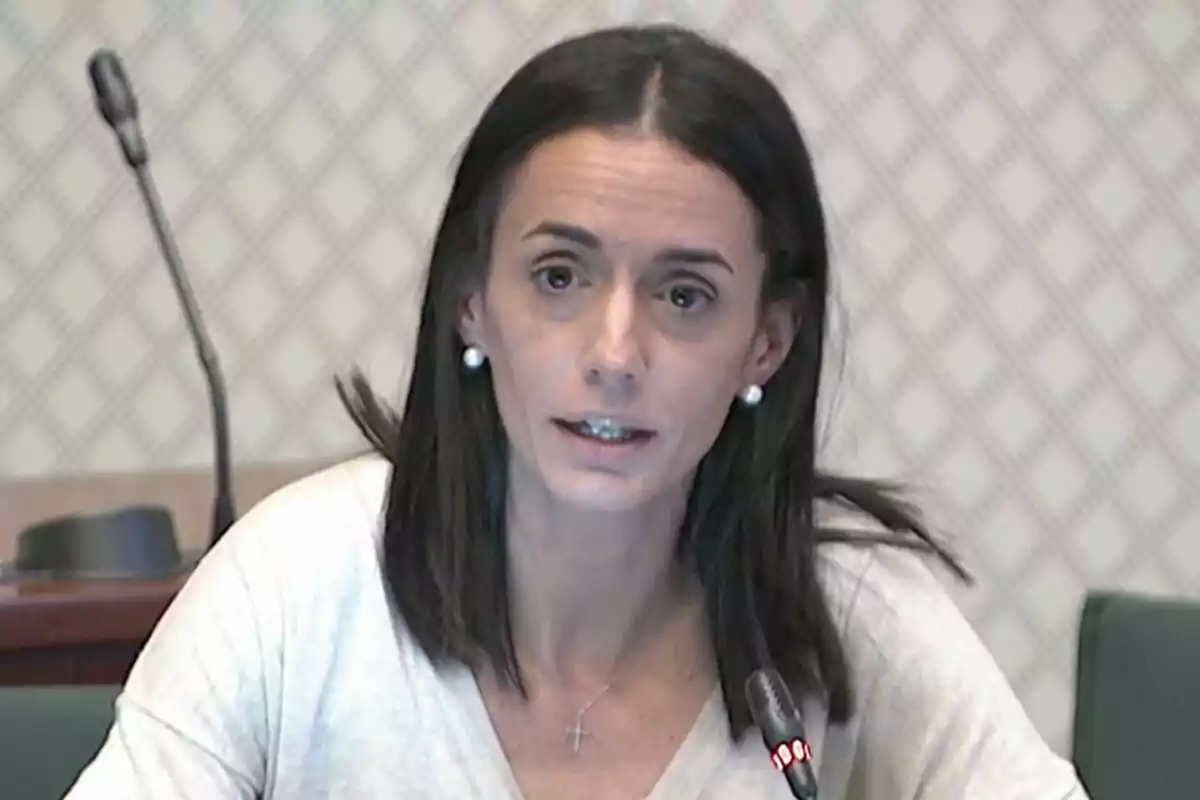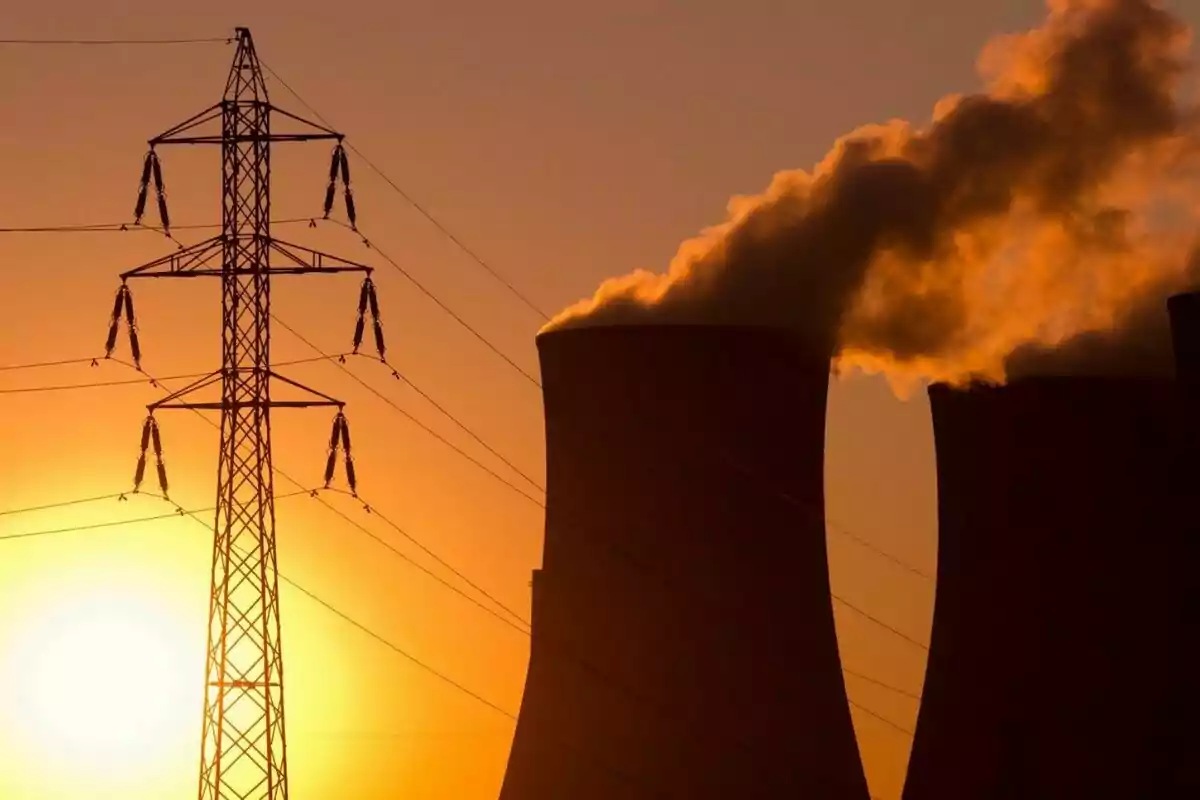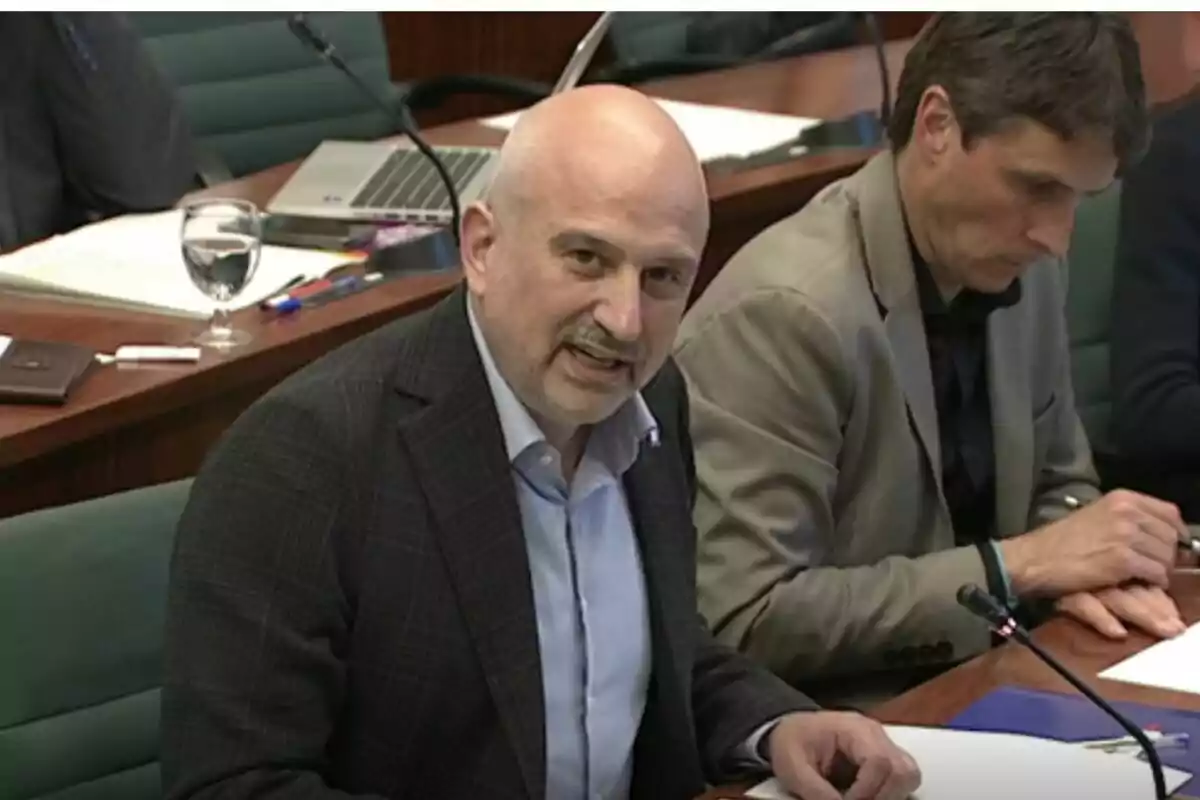
The Energy Debate in Parliament Divides Catalan Parties
Left and Right Are Divided Between the Acceleration of Renewables and the So-Called Energy Mix
The Great Blackout that occurred on Monday in Spain has placed the energy debate at the center of the Catalan political agenda. Eight years after the approval of the climate change law in Catalonia, renewables remain practically where they were. It hasn't been the fault of the evil right, but of governments that claim the energy transition with slogans but don't invest in its development.

The blackout has reopened a debate about the need to extend the life of nuclear plants until sustainable energies guarantee supply. For the left, what happened on Monday proves that more regulation is needed. For the right, it shows the risk of relying entirely on renewable energies.
The debate has moved to Catalonia, where the blackout was particularly impactful. Catalonia is the community that has invested the least in renewables, and the nuclear shutdown exposes the community to more dependency and an increase in energy costs. The parties have once again set their positions in the Ecological Transition Commission, in Parliament.
Junts Stands Alone
Junts presented a resolution proposal on renewables this week in the Ecological Transition Commission, in Parliament. The motion urged declaring renewable energy facilities as a matter of primary public interest. The party stood alone because no one voted in favor.
"After Monday's blackout, we have to open our eyes," stated Junts's deputy, Ignasi Prat, who criticized the "slowness" of the energy transition in Catalonia. That's why he demanded "energy sovereignty through renewable energies."
The post-convergents put forward the data that show the insufficient development of renewables to leave fossil sources behind. Photovoltaics are 80% less than expected, while wind power is 50% less. The deputy also pointed out that a large part of the problem is that most projects for the creation of these facilities are still pending approval.

Junts accuses the Generalitat of mistreating the promoters of these projects and asks for support and reduced bureaucracy. "We want a clean country with renewables and without fossil energies. But that will only be possible with an administration that leads and seeks solutions instead of creating more problems."
The Left Sticks to Their Guns
The debate sparked by the motion highlighted the division among parties regarding the energy strategy in Catalonia. Both PSC and ERC were in favor of keeping the green agenda and even accelerating the energy transition with renewables. PSC highlighted the leadership willingness of Salvador Illa's Govern in the green transition, while ERC called for hindering projects harmful to the territory.
Los Comuns also showed their willingness to accelerate the energy transition, but with nuances regarding Junts's proposal. "The declaration of primary public interest can be useful, but it must be accompanied by democratic and social guarantees," said deputy Lluís Mijoler. Like ERC, Los Comuns fear it will be an excuse to legitimize "a speculative or business concentration model."
The Catalan left wants to "avoid massive and poorly integrated projects, ensure the democratic participation of local communities, and ensure the social return of investments." They want to "limit the weight of large private promoters and strengthen the leadership of the public company."
CUP showed their distance from Junts on this issue. Deputy Dani Cornellà portrayed the contradiction of Junts, who oppose macro-projects in the territories but then in Parliament call for their acceleration. "When you talk about public interest and energy sovereignty, what you're talking about is favoring big companies," he reproached them.
In light of the Great Blackout, CUP considers a public energy company that controls the entire process from production to distribution more necessary than ever. They demand an "energy transition" linked to "climate change." That is, it should be "local, democratic, and distributed, agreed with the entire territory."
Against the "Globalist Climate Narrative"
The counterpoint was made by Vox, which along with PP represents the other side of the debate. Deputy Mónica Lora pointed out that the blackout has shown "our vulnerability," as a consequence of "a rushed and irresponsible energy transition." For Vox, Junts's proposal "doesn't respond to serious planning or a national energy strategy."
On the contrary, Lora denounced the "submission" of those parties "to the globalist climate narrative." Vox advocates for a "planned and rational" energy transition. But they warn once again that "to achieve energy sovereignty, we need the energy mix."
Moreover, Vox questioned the talk of sustainability while large wind and solar farms are being built on agricultural land. Lora reproached them for "forgetting about a green and safe energy like nuclear."
PP didn't enter the debate, although they abstained from voting. The position of the populares on this issue is well known. They recently presented a motion to extend the life of nuclear plants in the province of Tarragona.
The debate thus leaves two opposing positions between a left that calls for accelerating the energy transition with empty rhetoric, and a right that advocates for an orderly transition with nuclear plants backing up renewables.
More posts: